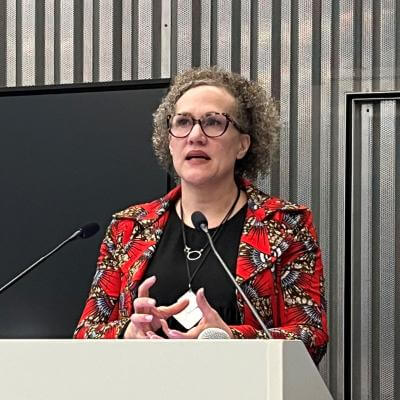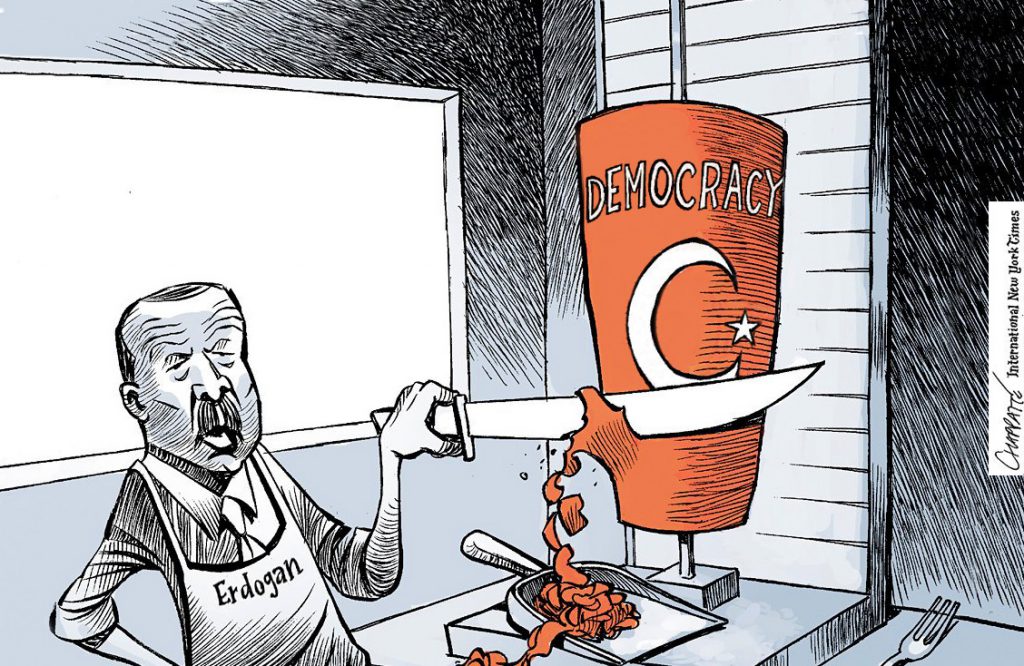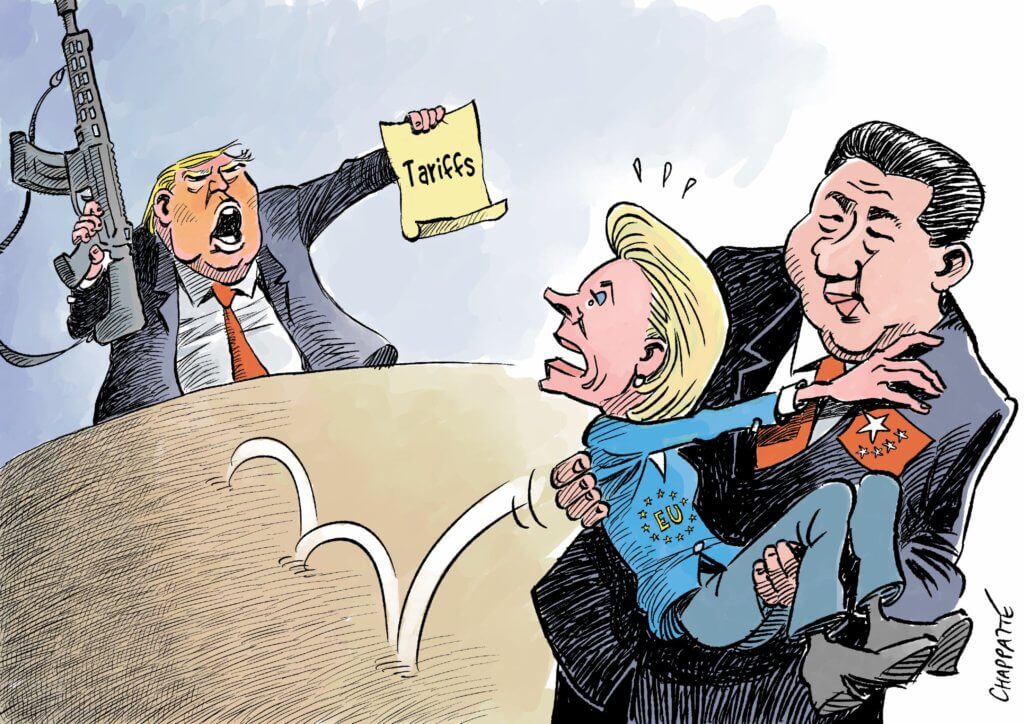What does the experience of combining art and science bring to the study of international relations? Why blend sensibility with reason to think about the evolution of the world? How does aesthetic and/or creative performance nourish the production of academic knowledge? If thinking about creation and integrating art with the Humanities and Social Sciences is nothing new, the challenges of the 21st century call for new analyses and creative approaches that give a voice to frequently neglected perspectives, and contribute to a more nuanced and multidimensional understanding of the world. The dialectic of art and research can be approached through the artistic dimension of the object of study, proximity to artists, experimentation with new forms of fieldwork and writing, or through the cultural mediation of the results. In this special issue of the digital magazine Global Challenges, jointly produced by the Graduate Institute of International and Development Studies (Geneva Graduate Institute) and the Centre de recherches internationales (Sciences Po), the contributors shed light on the role of art in research.
© Chappatte in Le Temps, Geneva
Neoliberal globalisation has not only transformed the role of the state; it has also shaken up the internal “DNA” of education policies, from schools to universities. New technologies have paved the way for new forms of transmitting knowledge; calls to decolonise curricula are growing louder; in the South, many countries face the challenge of financing public education policies in an era of new public management, while the model and transfer of these policies have become a key problem, compounded by the exclusion of historically marginalised populations and the advance of private and religious players. Against this backdrop of criticism of the public education model, the present Dossier seeks to better apprehend what could be done to restore the purpose and meaning of education and universities.
-
I

Universities in the 21st Century: A Changing Global Landscape
Reading time: 5 min -
1

Futures of Higher Education and the Recovery of Purpose
Reading time: 6 min -
2

Reimagining Education in the Knowledge Society
Reading time: 5 min -
3

Education Policies: Foundational Research beyond Agenda Setting
Reading time: 5 min -
4

AI in Education and Research: Towards a More Ethical Engagement
Reading time: 6 min -
5

Data Assets and the Future Governance of Higher Education
Reading time: 6 min -
6

Higher Education, Decolonisation and the Global South
Reading time: 5 min -
7

University and Migration: New Directions for African Students
Reading time: 5 min -
8

The Conundrum of Race and Affirmative Action in Higher Education
Reading time: 7 min -
9

The Sino-American Competition in Higher Education
Reading time: 4 min -
O

Resources of the Geneva Graduate Institute in the Field of Higher Education
Reading time: 3 min
This issue has been produced by the Geneva Graduate Institute’ Research Office, in collaboration with the Network for International Policies and Cooperation in Education (NORRAG). It also includes contributions from academic departments of the Institute.
NORRAG is one of a handful of research centres in the world that are looking at theoretical models, methodological approaches and concepts for steering higher education systems in a global context. It is also home to the UNESCO Chair in Comparative Education Policy.
















